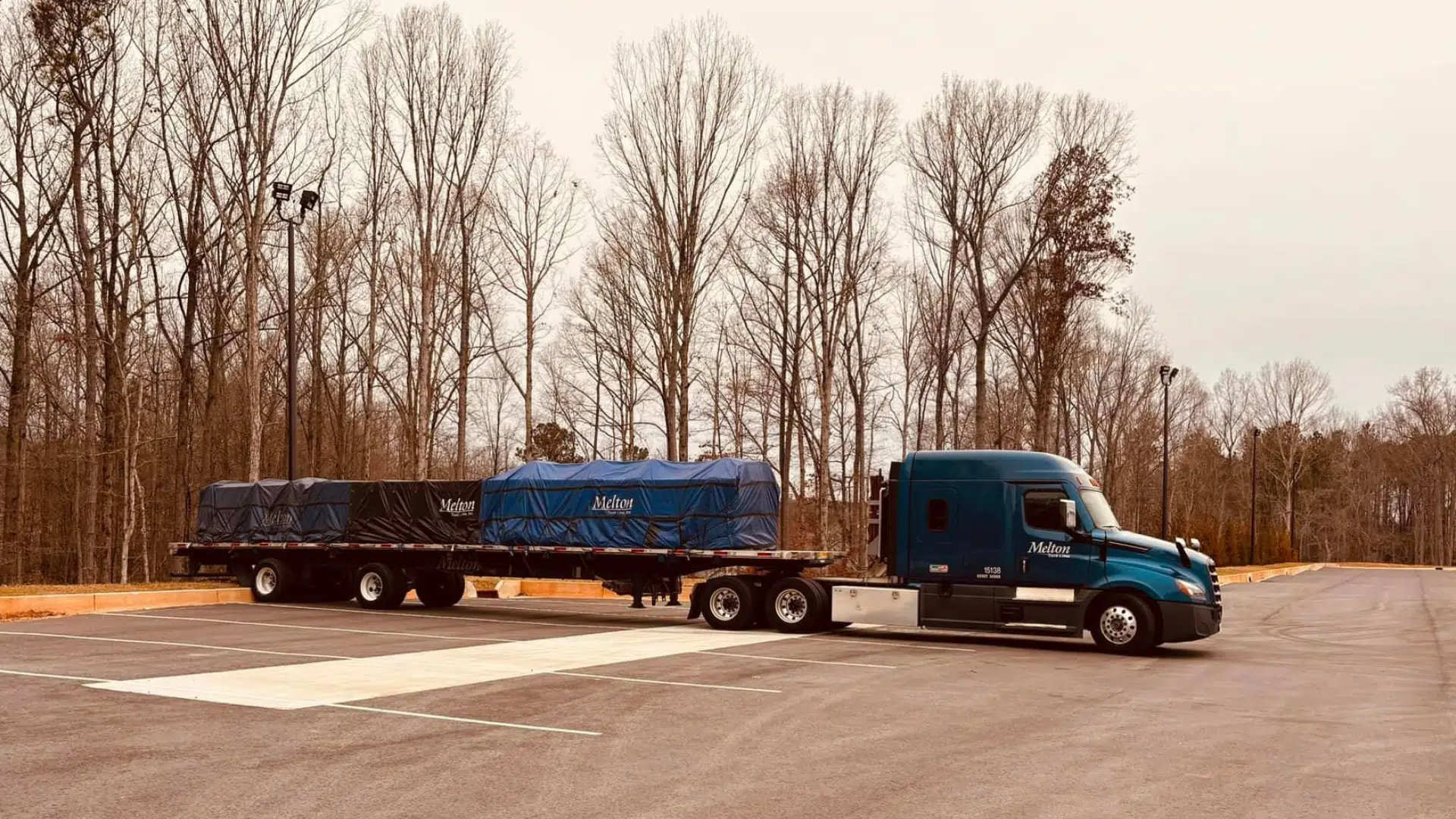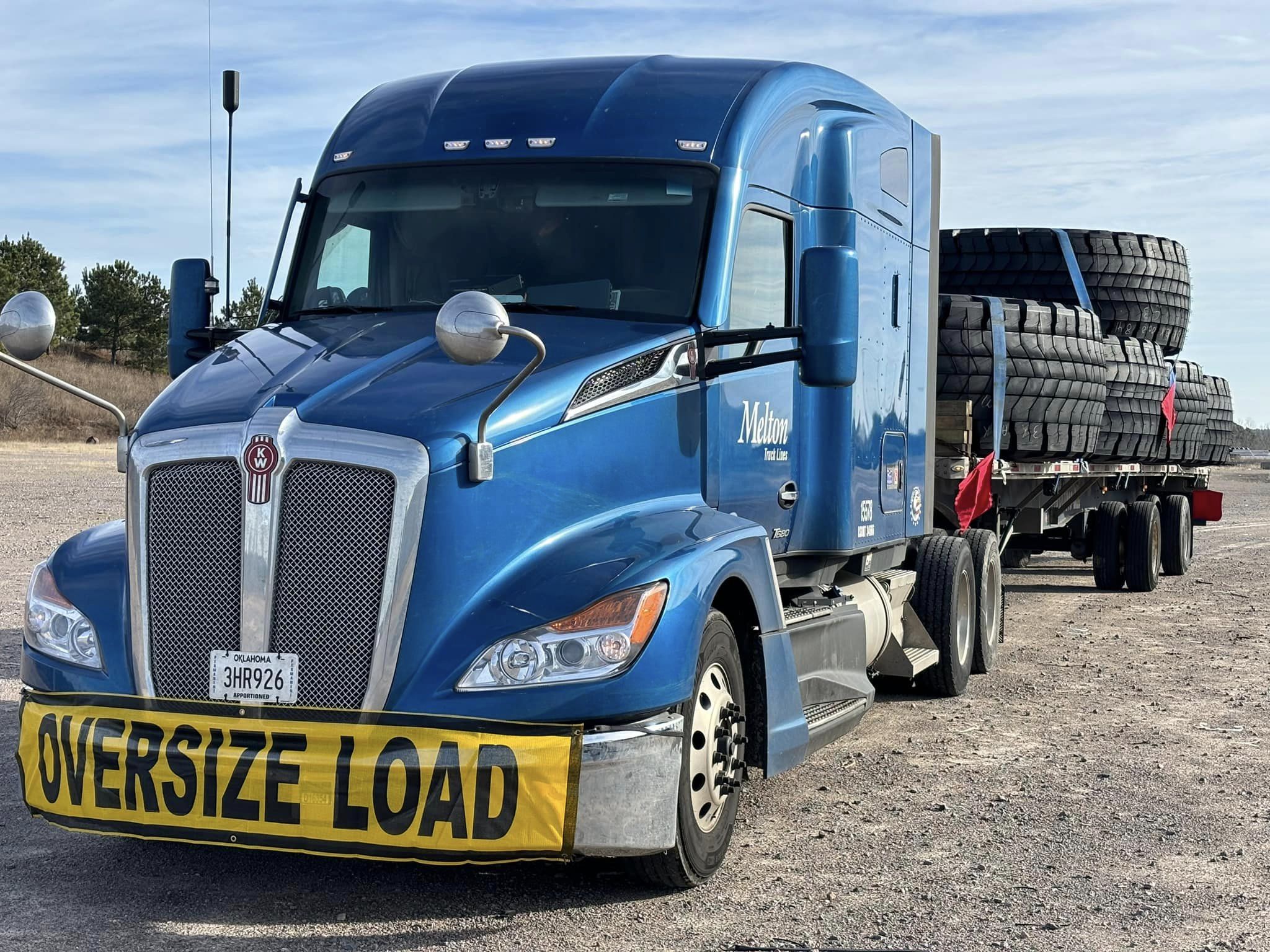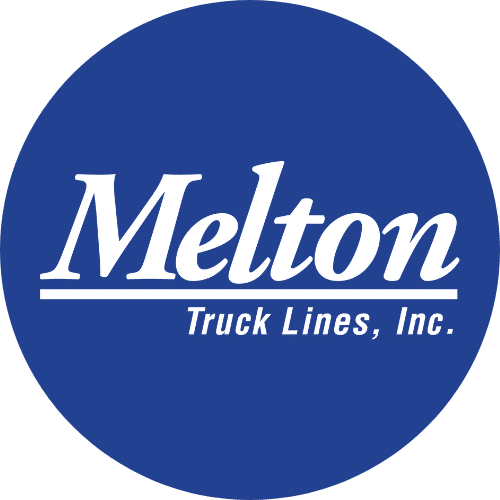
How to Ace Your Pre-Trip Inspections
Inspections, inspections, and more inspections! Did you know an estimated 388,000 truck accidents are recorded annually in the US, making up about 6.5% of all reported vehicular collisions? When you consider the numbers, the value of pre-trip inspections must be recognized and should be part of a driver’s daily routine. Going the extra mile on your vehicle inspections will keep you moving.
Here are a few tips straight from the North American Standard Roadside Inspection Vehicle Cheat Sheet that can keep you rolling safely:
Brakes
Check for missing, non-functioning, loose, or cracked parts on the brake system. Cracks, bulging lines, and cuts should all be reported as soon as they’re noted.
Fuel and Exhaust Systems
Check your fuel tanks for loose mounting or loose or missing caps and signs of leakage.
Frame, Van, and Open-Top Trailers
Check for corrosion, cracked, loose, or missing cross members: cracks in the frame, missing, or defective parts. Make sure there are no open bolt holes or missing rivets.
Lighting
Inspect all required lamps for proper color, operation, mounting, and visibility.
Securement of Cargo
Make sure cargo is secured sufficiently to prevent movement (forward, backward, & side to side). Ensure all the downs are within their weight rating and are not cut or frayed. This includes tarps, too!

Steering
Check steering wheel for slack. Also, check the condition of the steering components. Things like the steering shaft, pitman arm, drag links, steering arms, and tie rods should all be checked to confirm they are properly mounted and secured with all the fasteners in place.
Suspension
Inspect for indications of misaligned, shifted, cracked, or missing springs, loose shackles, missing bolts, unsecured spring hangers, and cracked or loose U-bolts.
Tires, Wheels, Rims, and Hubs
Check tires for proper inflation, cuts, and bulges, tread wear, and major tread groove depth. Inspect sidewalks for improper repairs, contact with any part of the vehicle, and tire markings excluding it from use on a steering axle.
Check for cracked or bent rims, loose or damaged lug nuts, elongated stud holes, cracks across spokes or in the web area, and evidence of slipping in the clamp areas. Check the hubs for lubricant leaks, missing caps or plugs, misalignment and positioning, as well as damaged, worn, or missing parts. When in doubt, always note and report abrasions, bulges, and cuts (the ABCs), and aim to get your truck through the shop for preventative maintenance monthly.
With all these tips in mind, you’re ready to conduct thorough pre- and post-trip inspections. Safety should be your number one priority as a truck driver. By performing comprehensive checks, you’ll be able to catch any problems as soon as they happen and prevent any larger incidents that could cause harm to yourself or others while on the road. Happy inspecting!

About the Author: Melton Truck Lines
Since 1954, Melton Truck Lines has set out to provide quality transportation services to customers, all while treating our drivers like family. Over 70 years later, Melton remains a leader in flatbed transportation.
Keep up with us on social media, or check out our other blogs below!
